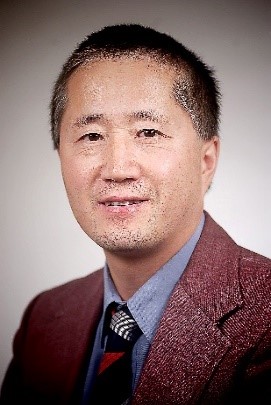学术报告

报告题目:Secure attack-defense control for cyber-physical systems
报告专家: Peng Shi (University of Adelaide, Australia)
报告时间:2021年1月7 18:00- 19:00, 星期四
报告地点:上海大学宝山校区东区10号楼508
个人简介:
Peng Shi received the PhD degree in Electrical Engineering from the University of Newcastle, Australia in 1994. He was awarded the Doctor of Science degree from the University of Glamorgan, Wales in 2006; and the Doctor of Engineering degree from the University of Adelaide, Australia in 2015. He is now a professor at the University of Adelaide. His research interests include network systems, robotic and autonomous systems, and cyber-physical systems. He is a Member of the Academy of Europe, and the International Academy for Systems and Cybernetic Sciences. He is a Fellow of the Institute of Electrical and Electronic Engineers, the Institution of Engineering and Technology, and the Institute of Engineers, Australia. He has served on editorial board for a number of journals, including Automatica, IEEE Transactions, Signal Processing, IET Electronic Letters. He serves now the Vice President and Distinguished Lecturer of IEEE Systems, Man and Cybernetics Society.
报告摘要
Cyber-physical systems (CPSs), pushing forward an immense influence on modern industrial processes in the era of Industrial 4.0, have gained a large amount of eye-catching achievements in recent years. Undergoing an ever-enriching cognitive process, CPSs deeply integrate control, communication, computation, cloud and cognition. In this talk, we firstly review some basic knowledge with respect to the concepts, history, and some viewpoints on CPS security. Some commonly appeared malicious threats will be briefly introduced. Then, we present some our recent work on jamming-resilience control design and secure estimation against sporadic bias in order to detect
the cyber-attacks.

